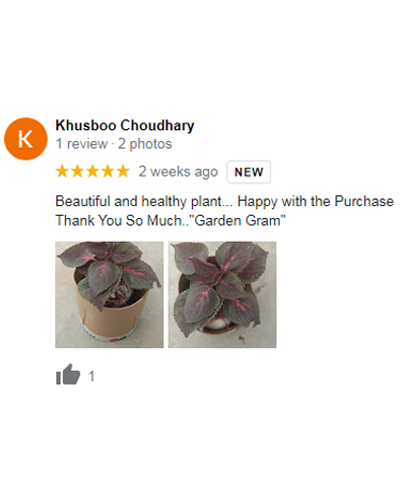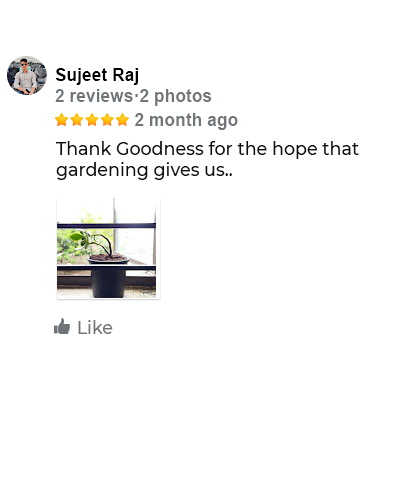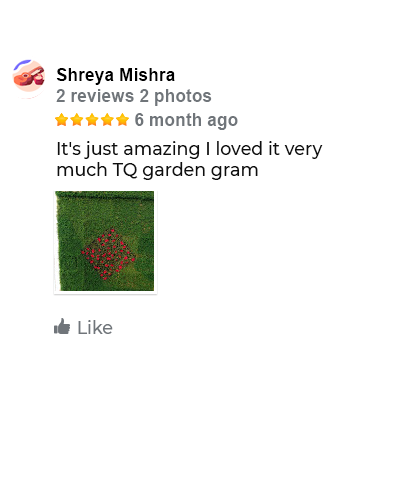Top 15 Indian Flower Name Names with Meaning, Origin & Culture
🌸Top 15 Indian Flower Name Names That Make Beautiful Baby Names
Flower name names are more than just pretty—they’re full of meaning, fragrance, and cultural significance. In India, flowers are central to daily life, rituals, and heritage. Choosing a flower-inspired name for a child is a timeless way to blend nature with identity.
Let’s explore the most beautiful flower name names in India and understand how they vary across regions and traditions.
Popular Indian Flower Name Names
Here’s a handpicked bouquet of flower-inspired human names rooted in Indian culture:
-
Chandni - Crepe Jasmine, a fragrant flower, known for purity and serenity.
-
Chameli - The classic Jasmine flower, often linked with grace and divine love.
-
Juhi - A delicate jasmine variety, charming and poetic.
-
Lily - Modern, graceful, and global.
-
Gulab - Hindi for rose, a name for timeless beauty and romance.
-
Parijaat - A mythical flower that blooms at night, associated with divine stories.
-
Lotus (Kamal) - Symbol of purity, used in spiritual texts.
-
Daisy - Cheerful and modern; gaining popularity in India.
-
Rajnigandha - Night-blooming tuberose, linked to elegance and sensuality.
-
Madhumalti - Also known as Rangoon Creeper; vibrant and lively.
-
Palash - Flame of the forest, strong and earthy.
-
Aparajita - Butterfly pea flower; also means “undefeated.”
-
Hibiscus (Jaba) - Worshipped in rituals, especially in South and East India.
-
Parul - Holds a deep place in Tagore’s work, known for its understated beauty; symbolizes humility, natural elegance, and inner strength
-
Mogra - Arabian Jasmine; the name evokes grace and simplicity wrapped in a timeless appeal.
🌍 Regional Variations of Flower Names in India
India’s linguistic and cultural diversity means that flower name names take different forms across regions:
-
North India favors names like Gulab, Chameli, and Rajnigandha.
-
South India often uses Mallika (Jasmine) or Sevanthi (Chrysanthemum).
-
East India, especially Bengal, embraces Jaba (Hibiscus) and Parul (Trumpet flower).
-
West India uses names like Mogra (Jasmine) and Kamal for boys and girls alike.
These names may have local pronunciations but retain their floral beauty and symbolism.
🌿 How to Choose the Perfect Flower Name in India
Choosing a flower name name for your child? Here are a few tips:
-
Consider the Meaning - Each flower has symbolic value. For example, Aparajita means undefeatable; Madhumalti symbolizes joy.
-
Think of Pronunciation - Choose a name that's easy to pronounce in your community’s language.
-
Blend Modern with Traditional - Names like Lily, Juhi, or Daisy work beautifully across cultures.
-
Look into Astrology - Some families choose names based on star signs or syllables suggested by astrologers.
-
Check Popularity - Pick something timeless but not too common if you want uniqueness.
📖 Flower Names in Indian Mythology and Literature
Flowers play a powerful role in Indian myth and poetry:
-
Parijaat is a divine tree mentioned in the Mahabharata, said to bloom only in the heavens.
-
Lotus (Kamal) is associated with goddess Lakshmi and Brahma, symbolizing purity and rebirth.
-
In classical poetry, flowers like Juhi and Rajnigandha often describe beauty and longing.
-
Rabindranath Tagore’s poems reference flowers like Jaba and Parul to represent emotions and spiritual symbolism.
These associations make flower name names emotionally rich and timeless.
FAQs About Flower Name Names
Q1. Are flower name names common in India?
Ans: Yes! They are traditional, meaningful, and widely loved for girls—and increasingly for boys.
Q2. Can I name a boy after a flower?
Ans: Absolutely. Names like Kamal, Palash, and Gulab work well for boys too.
Q3. Are flower names modern or traditional?
Ans: Both. Names like Lily and Daisy feel modern. Others like Chameli, Juhi, and Parijaat are deeply rooted in Indian tradition.
Q4. Are there any religious concerns with flower names?
Ans: Not usually. Most flower names are neutral or considered sacred, making them safe and meaningful choices.
Q5. Do flowers have numerological or astrological importance?
Ans: In some traditions, yes. Many parents consult astrology or numerology to match names to birth stars or lucky numbers.
🌺 Final Thoughts
Choosing from these flower name names gives your child a piece of nature, poetry, and culture. They’re fragrant with meaning, timeless in beauty, and perfect for Indian and global sensibilities alike.
Let your child bloom with a name that carries both grace and heritage.













